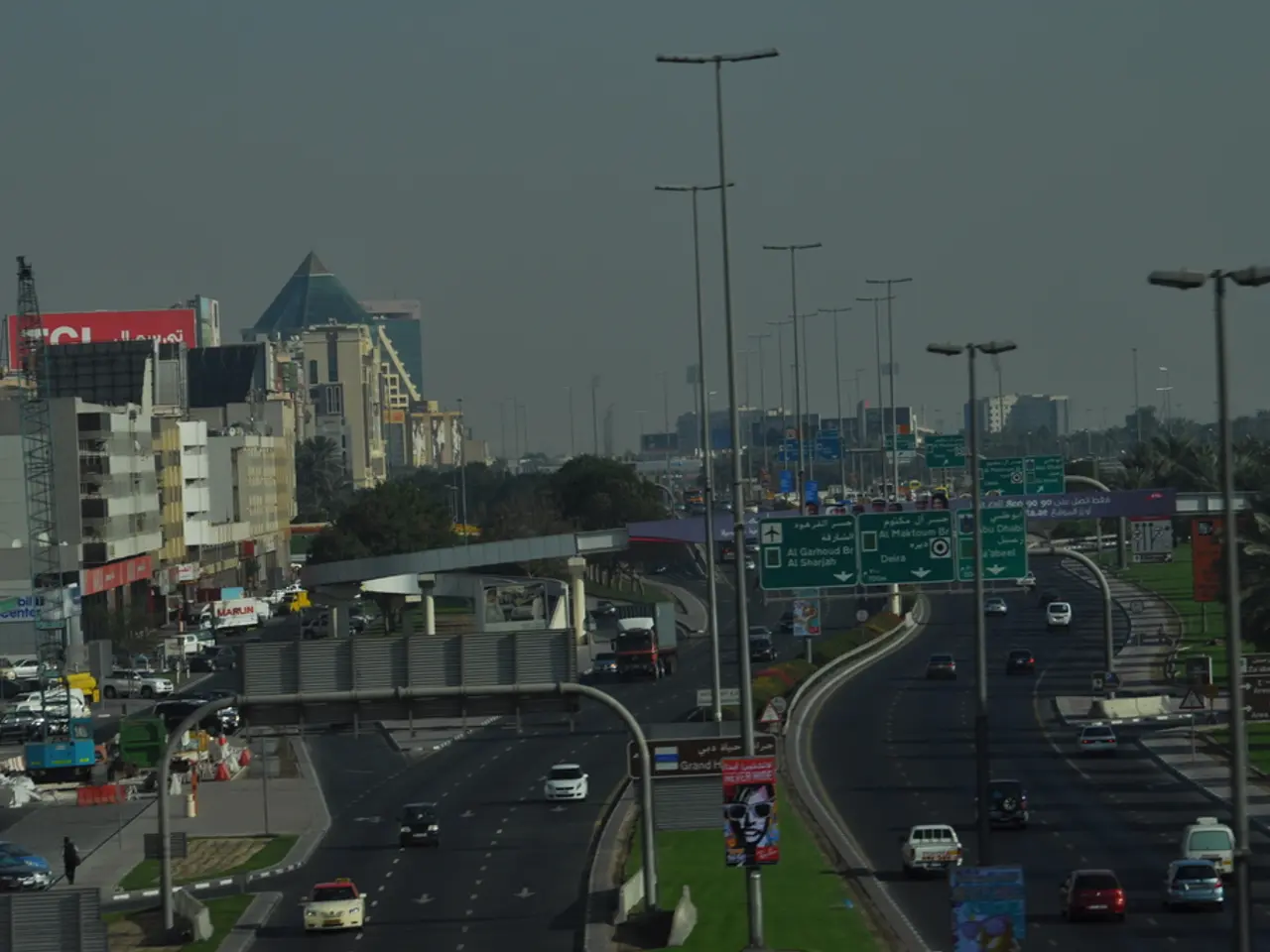Expands military action in Gaza, with focus on capturing main city
In a move that has sparked widespread criticism, Israel's Prime Minister Benjamin Netanyahu announced plans to expand its military operation in Gaza, aiming to take control of Gaza's main city. This decision, which could lead to a full military occupation, has been met with significant international backlash.
A coalition of nine countries, including Germany, Britain, France, and Canada, has strongly rejected Israel's military expansion. They argue that it will worsen the already catastrophic humanitarian situation in Gaza, endanger hostages, and risk mass displacement. These nations warn that any attempts at annexation or settlement in Gaza violate international law.
The United Nations has also called for an immediate halt to the planned offensive. Volker Turk, the UN High Commissioner for Human Rights, described the plan as resulting in more killing, unbearable suffering, and destruction, emphasizing that it contravenes the International Court of Justice ruling which demands an end to occupation and highlights Palestinians' right to self-determination.
UN officials and Security Council members voiced their concern that Israel's plan to take total control of Gaza City and displace up to 800,000 civilians risks another horrific chapter of displacement and regional destabilization. They called for the protection of civilians, unconditional release of hostages, and facilitation of humanitarian relief by Israel.
Hostage families and Palestinians on the ground have condemned the decision, describing it as a "death sentence" for hostages and civilians alike. Hostage families appeal to Israeli society for action to prevent further harm to those held captive.
Mediators such as Egypt and Qatar are working on a ceasefire framework involving the release of all hostages in exchange for war termination and Israeli withdrawal, reflecting the international desire for a negotiated resolution.
The European Union also criticized the offensive, highlighting that such military operations combined with ongoing settlement expansion and humanitarian blockade violate international law and undermine peace prospects.
In contrast, Israel maintains that the operation is necessary to defeat Hamas, disarm them, and establish an alternative civil administration in Gaza that does not foster terrorism. However, this military approach faces widespread diplomatic and humanitarian condemnation internationally.
The situation in Gaza is dire, with tens of thousands of people killed and deaths from hunger increasing daily. Critics, both at home and abroad, have already slammed the decision to expand the war. Protests against the decision have been held in Israel, with Laelle Schwer, an Israeli protester, demanding the return of hostages and an end to the war outside the Israeli Defense Minister's home.
There are growing calls from within Israel, including from reservists and retired generals, for the war to end due to its prolonged nature and questions about its purpose. Two ministers leading far-right parties in the cabinet have been pushing for this move, advocating for the displacement of Palestinians from Gaza and the reestablishment of Jewish settlements.
The decision was made after a nine-hour meeting of Israel's security cabinet. The U.K., France, and Germany have criticized Israel's decision to expand the war, with the U.K. calling it the wrong decision, France saying it cannot support the move, and Germany announcing it will halt weapon sales to Israel that are used in the war in Gaza.
Many within Israel are tired of the nearly two-year-long war and want to get on with their lives. However, the international community urges Israel to reconsider its decision, emphasizing the urgent need to avoid further escalation, protect civilians and hostages, and facilitate humanitarian aid and negotiations towards ceasefire and eventually a two-state solution.
The United Nations General News and the European Union Politics have criticized Israel's decision to expand its military operation in Gaza, highlighting that such actions violate international law and undermine peace prospects. Concurrently, a coalition of nine countries, including Germany, Britain, France, and Canada, in the realm of war-and-conflicts, have strongly rejected Israel's military expansion, stating that it will worsen the humanitarian situation in Gaza.





